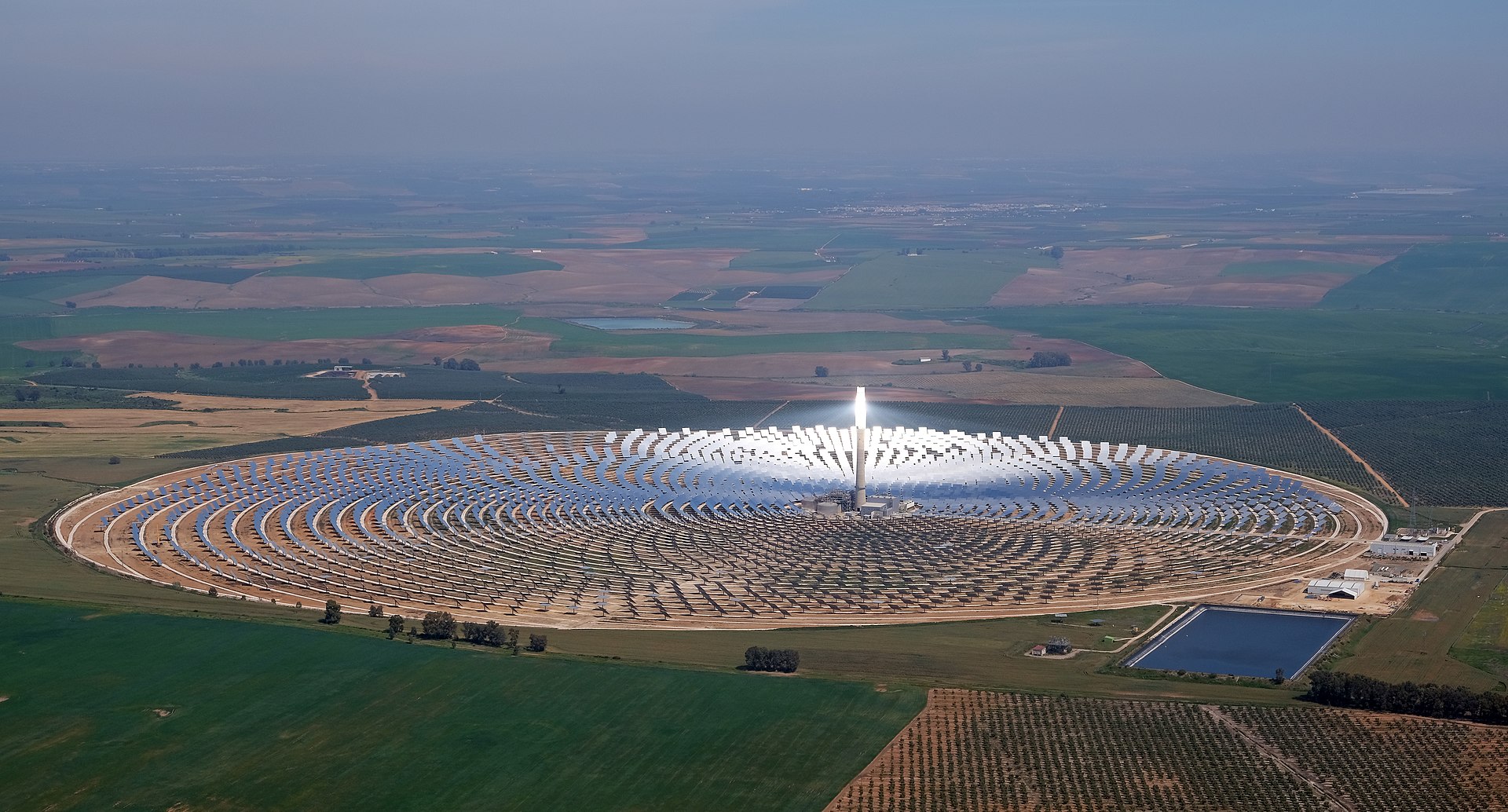 BBC News
BBC NewsBorrowing was £17.4bn last month, the second highest October figure since monthly records began in 1993.

Dinesh Dhamija
Plans are afoot to connect Western and Eastern European with the Black and Caspian Seas via a 1200km-long cable, exporting renewable energy from Azerbaijan, Georgia and Romania.
The ‘Highway of Green Energy’, as Romanian energy boss George Niculescu called it, will cost around €4 billion and deliver 1.3GW of electricity once it launches in the early 2030s. The engineering challenges of the project are daunting: it will be the world’s longest cable of its type, with 700km of the length installed under the seabed. It also depends upon Georgia and Azerbaijan both turbocharging their renewable energy generation and export capacity. There are security challenges, not least from the Russian navy, which could try to sabotage the undersea section. Even finding such a huge amount of High Voltage Direct Current (HVDC) cable is a major undertaking.
On the plus side, the project promises to increase energy security for the whole of Europe at a time of anxiety over Russian energy exports. It adds to the momentum to develop renewable energy resources and to foster cooperation between nations in the region. Azerbaijan sees a huge renewable energy future for itself. President Ilham Aliyev talks of a potential 27GW of onshore wind and solar power and 157GW of offshore wind power in the Caspian Sea. In 2023 Azerbaijan, Georgia, Romania and Hungary signed an agreement to develop the project, with Armenia and Bulgaria later expressing their interest in collaborating. This was a diplomatic breakthrough, since Armenia and Azerbaijan spent 35 years locked in a territorial conflict, which was only resolved in 2023.
The idea of Hungary helping to cut Russia out of European energy markets, given Prime Minister Viktor Orban’s support for Vladimir Putin, is surprising. Turkey could also have a role to play, both as a transit nation for the cable and as an energy market. As so often, the success of such projects is as much to do with politics as economics or energy. The 2023 agreement included a signing ceremony at which European Commission President Ursula von der Leyen and Romanian President Klaus Iohannis stood next to the Azerbaijan President Ilham Aliyev, together with the Georgian, Hungarian and Romanian Prime Ministers.
There were no firm commitments, no fixed budgets or timescales, just a vague plan to explore an idea. But it was a hell of a photo opportunity. What the plan underscores is a determination at the highest level of each country to pursue energy independence from Russia, while building an interconnected regional network and to invest in renewable resources.
These are all laudable aims. Bring on the mega-cable!
Dinesh Dhamija founded, built and sold online travel agency ebookers.com, before serving as a Member of the European Parliament. Since then, he has created the largest solar PV and hydrogen businesses in Romania. Dinesh’s latest book is The Indian Century – buy it from Amazon at https://www.amazon.co.uk/dp/1738441407/